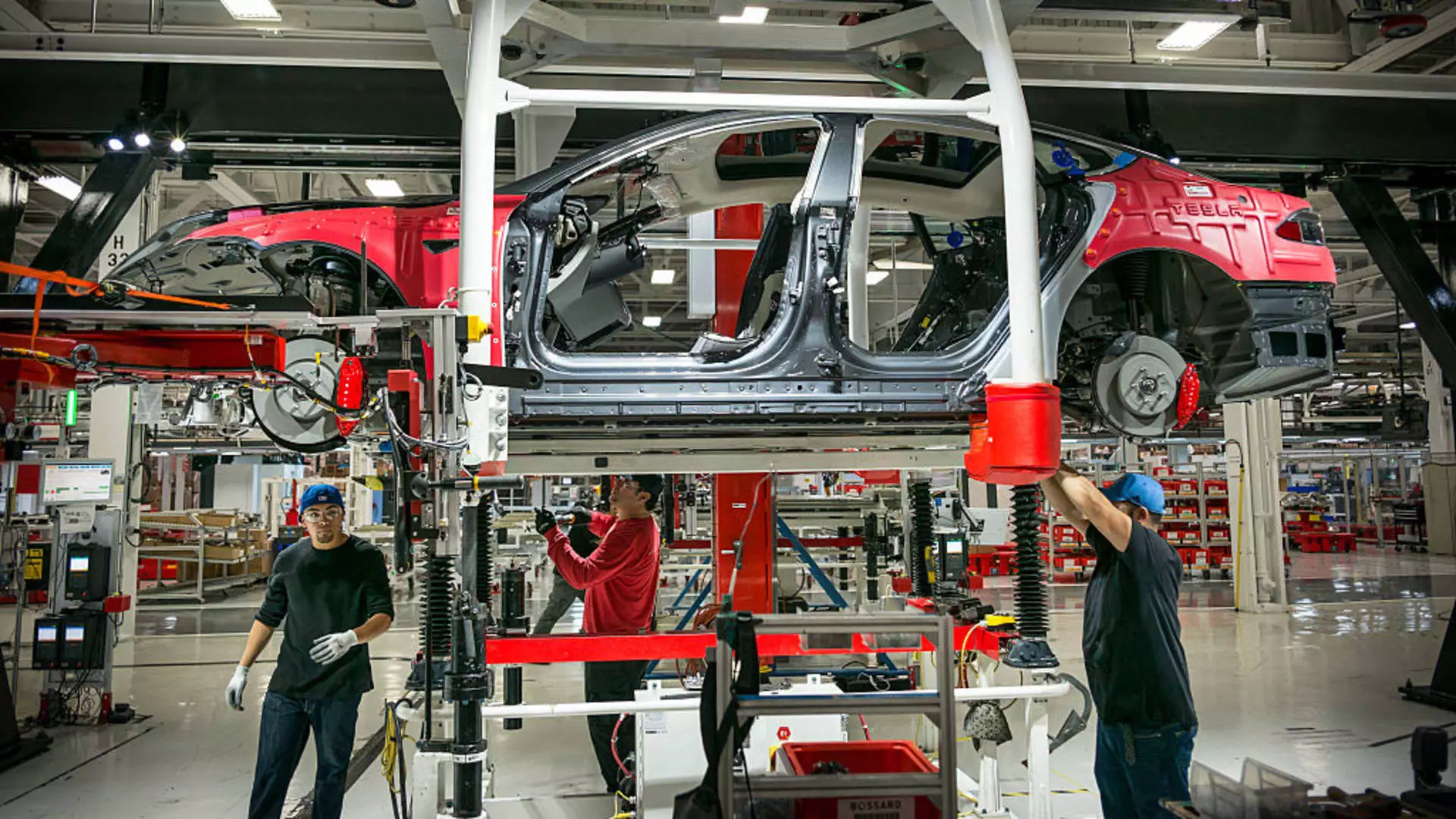Recently, electric vehicle maker Tesla settled a racist discrimination lawsuit with Owen Diaz, a Black man who worked as an elevator operator at its Fremont, California factory in 2015. The federal jury had previously awarded Diaz $3.2 million in damages. Diaz was represented by Attorney Lawrence Organ from the California Civil Rights Law Group, who stated that the parties had reached an amicable resolution and that the terms of the settlement were confidential. This settlement marks a step towards justice for Diaz, but it also highlights the ongoing issue of racial discrimination in the workplace.
Even though the lawsuit with Diaz has been settled, the fight against racist discrimination at Tesla is far from over. The California Civil Rights Law Group is currently representing current and former employees in a proposed class action lawsuit, Marcus Vaughn v. Tesla Inc., which alleges that racist discrimination and harassment of Black workers has persisted at the automaker. While Diaz is not part of this particular litigation, the fact that such cases continue to emerge points to a systemic problem within Tesla that needs to be addressed.
Organ, Diaz’s attorney, expressed his concerns regarding Tesla’s lack of action in stopping discriminatory practices. He mentioned that he had hoped for a statement and a commitment from Elon Musk, the CEO of Tesla, to show that such behavior would not be tolerated. Despite years of litigation and significant verdicts, including a $137 million award that was later reduced to $3.2 million, Tesla has failed to take concrete steps to end racial discrimination within the company. This raises questions about the commitment of Tesla’s leadership to creating an inclusive and respectful work environment.
The case of Owen Diaz sheds light on the devastating impact of racial discrimination in the workplace. Diaz testified that he and other Black workers were subjected to racist epithets, made to feel physically unsafe, and faced acts of racism such as being told to “go back to Africa” and encountering racist graffiti in restrooms. The hostile environment extended to Diaz’s son, who also experienced racism while working at Tesla. This underlines the pervasive nature of discriminatory practices and the need for companies like Tesla to take proactive measures to address such issues.
The settlement with Owen Diaz serves as a reminder of the importance of holding companies accountable for their actions. Tesla’s failure to address racial discrimination within its ranks must be met with consequences, and the voices of those who have been marginalized and mistreated need to be heard. As the fight against racism in the workplace continues, it is essential for companies to prioritize diversity, equity, and inclusion to ensure that all employees are treated with dignity and respect.
The resolution of the lawsuit with Owen Diaz is a small victory in the larger battle against racial discrimination at Tesla. It highlights the need for persistent advocacy and action to create a more inclusive and equitable work environment for all employees. By learning from past mistakes, listening to the experiences of those who have been affected, and committing to meaningful change, companies like Tesla can work towards a future where racism has no place in the workplace.



Leave a Reply